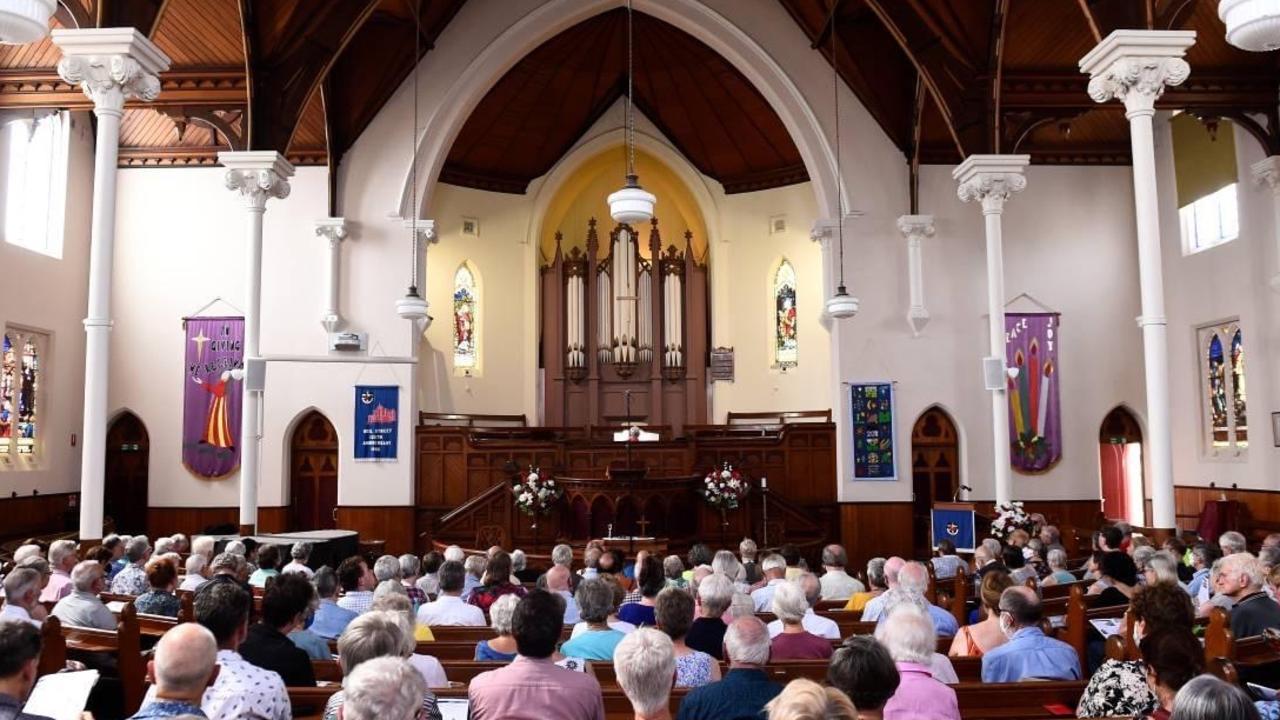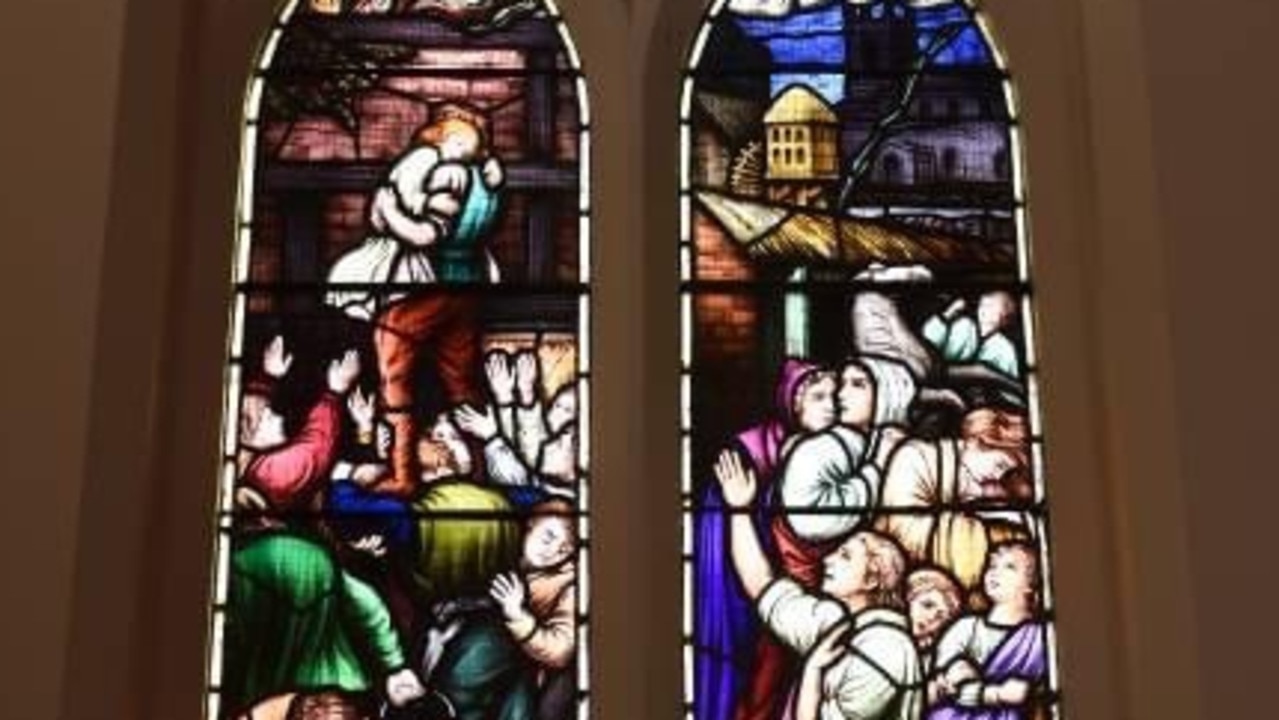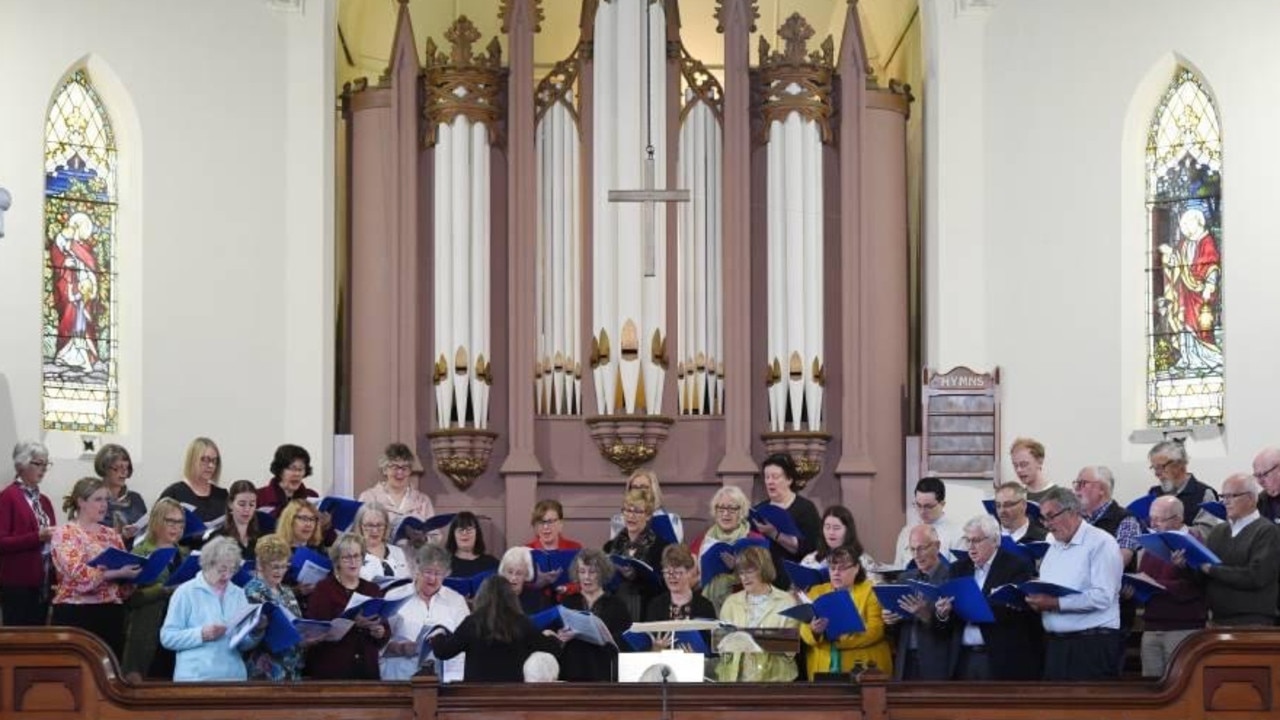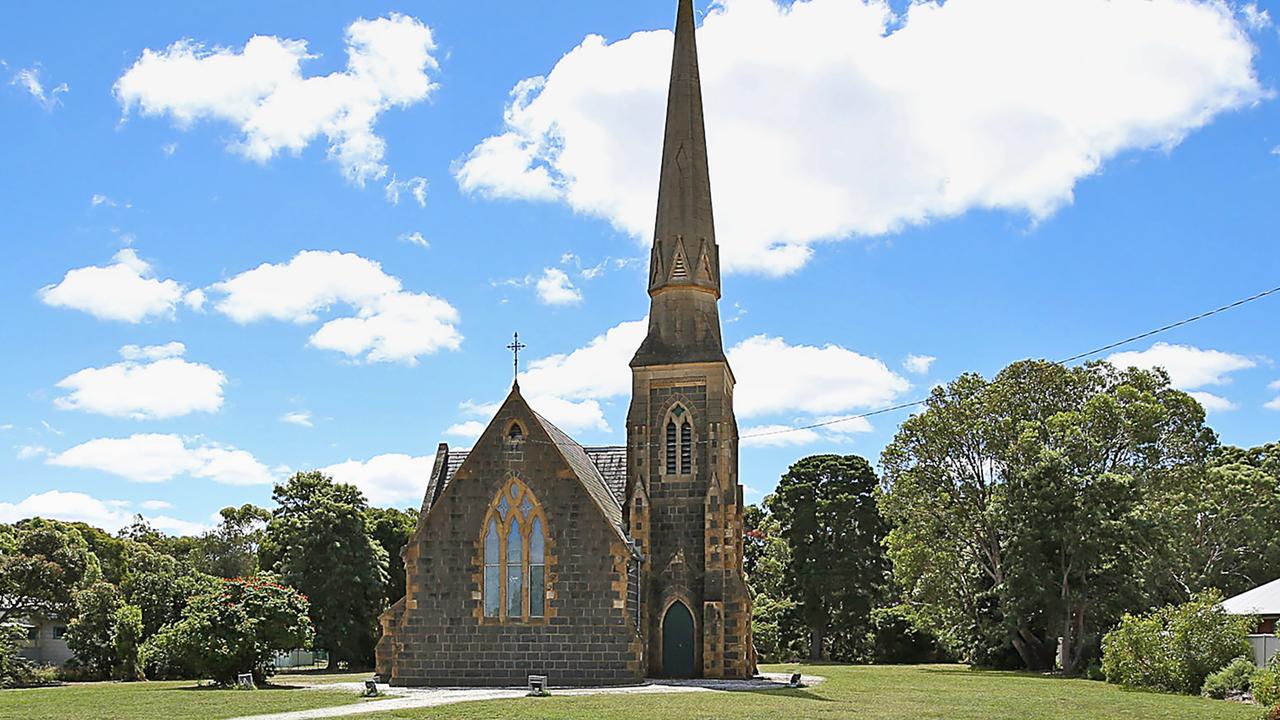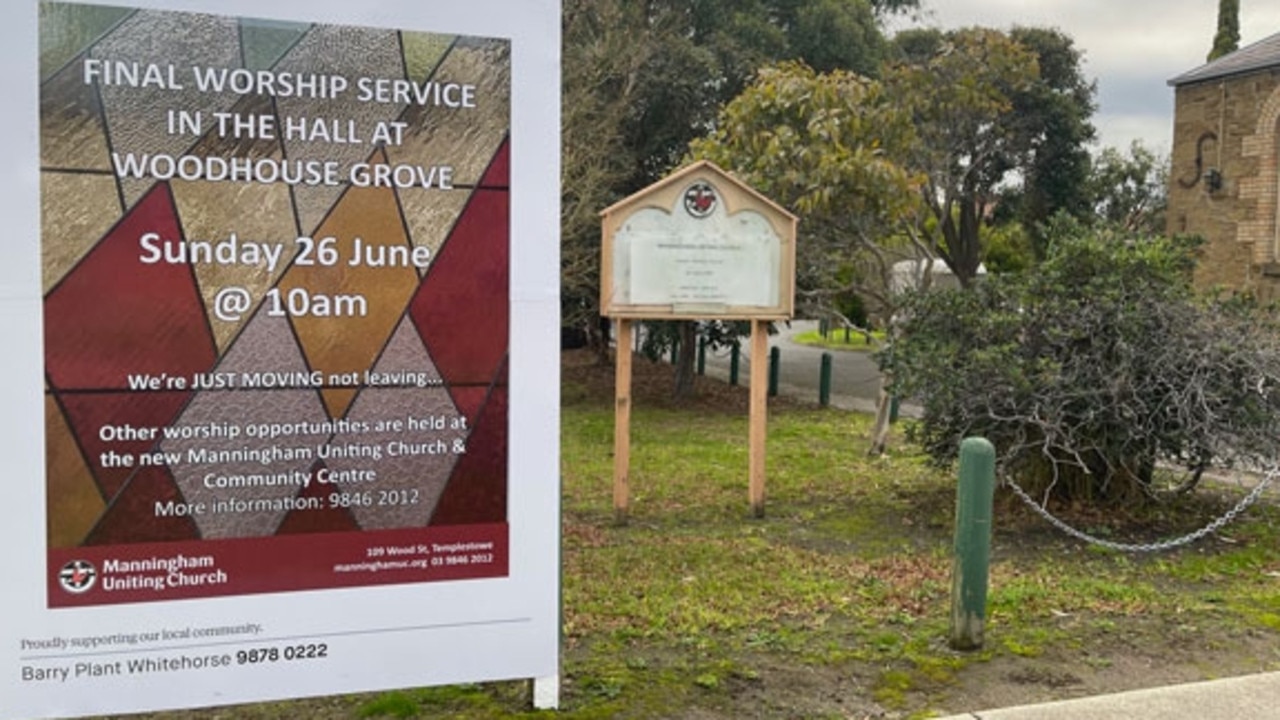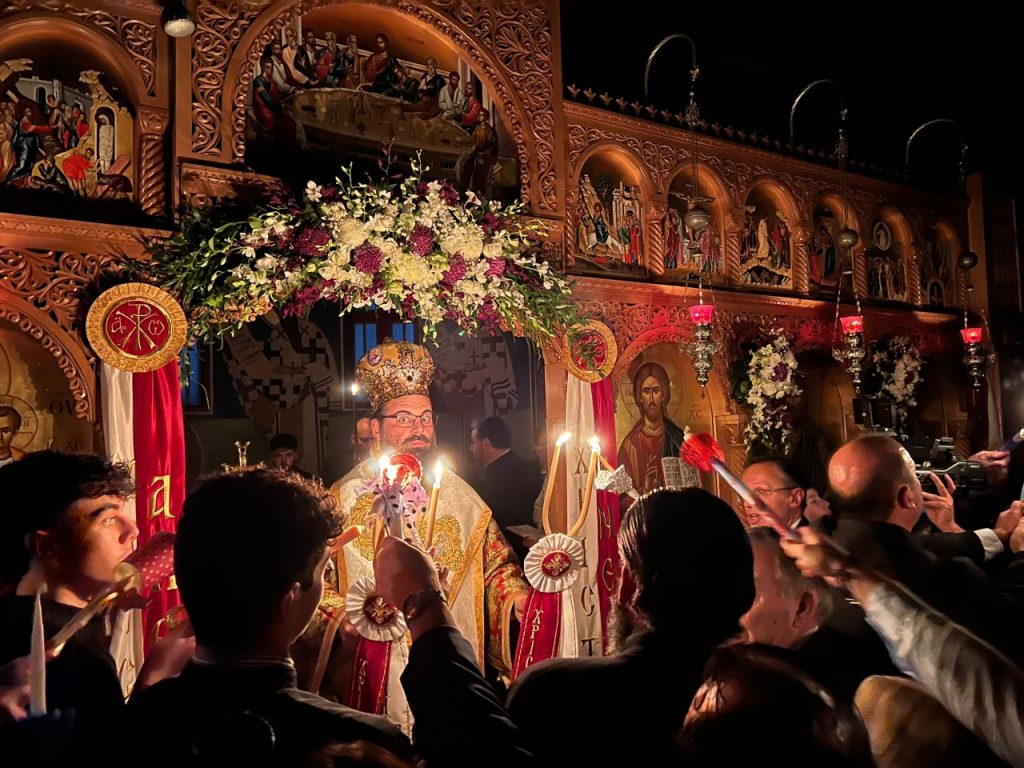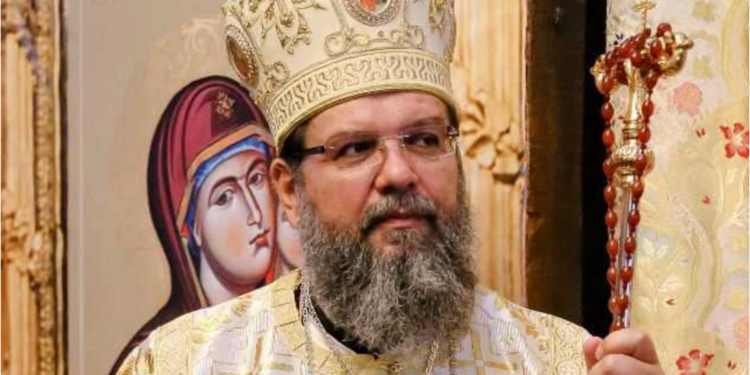#YHMD2023

April 19th 2023 is Youth Homelessness Matters Day, held on the third Wednesday of April each year. Since 1990, it is the annual national awareness day for youth homelessness in Australia. It is staggering that such a day even needs to exist in a developed country like Australia, and that young people find themselves in such a vulnerable situation.
Many church agencies work to alleviate youth homelessness – both to address immediate needs and advocacy for systemic change.
The 2021 Census showed 122,494 people in Australia were estimated to be experiencing homelessness on Census night in 2021. Recent statistics indicate that 42% of the homelessness population in Victoria is under 25 years old. Over the past few years, support workers have noticed an increase in the number of clients presenting with mental health and drug and alcohol issues.
It is estimated only 7% of homeless people are sleeping rough on the streets and in parks. Other young people may be couchsurfing (sleeping on borrowed beds and couches), in their cars, in overcrowded housing, in youth shelters and emergency short term housing.
Reasons young people are forced into homelessness include:
- Family violence, sexual, physical and emotional abuse in the home
- Insufficient income to pay rent and living costs
- Rising costs of housing with and everyday living necessities
- Under-employment
- Lack of support when in, or moving from, state care
- Mental health, drug and alcohol issues
- Overcrowded living conditions
- The traumatic experience that follows the death of a parent.
It is sobering that more than a million children and young people are living below the poverty line in Australia.
A home isn’t just four walls and a roof. It’s a foundation for safety and security. Access to safe and secure housing is one of the most basic human rights.
Housing is not a valueless system but a core part of what it means to live a dignified human life. Having adequate shelter is a basic human right; a right that the Church affirms as a key part of respecting and recognising our personhood. Ensuring everyone is able to access a safe, stable and adequate home is one part of working for the common good. This means that social, economic and political structures must be ordered towards making home ownership or rental equitable for all, rather than being structured in restrictive unjust ways.
Catholic Social Teaching and Housing and Homelessness
Housing has become a commodity, rather than a basic human right for everyone. Many young people are disadvantaged in the private rental market, even when they have secure work, traineeships/ apprenticeships and casual/full-time work or study. Preference is being given to higher income earning families and individuals.
Social and affordable housing that relies on housing agencies, developers and investors is a part of the answer, but clearly there needs to be more public and government owned housing to ensure everyone has access to safe housing.
Young people leaving state care make up two thirds of the youth homeless population, but only a tiny portion of social housing is given to people under 25.
This Youth Homelessness Matters Day we are standing with organisations across the country to call on the Federal Government to develop a standalone National Child and Youth Homelessness and Housing Strategy.
Uniting Vic/Tas YHMD#2023 statement
For too long, the specific and complex needs of children and young people at risk of or experiencing homelessness have been assumed to be the same as those of adults and have not been explicitly addressed in government plans to address homelessness.
As the Federal Government commits to developing a National Housing and Homelessness Plan, we are calling for a commitment to develop a strategy specifically for children and young people.
Have your voice heard – sign the petition – https://bit.ly/41hnt35

